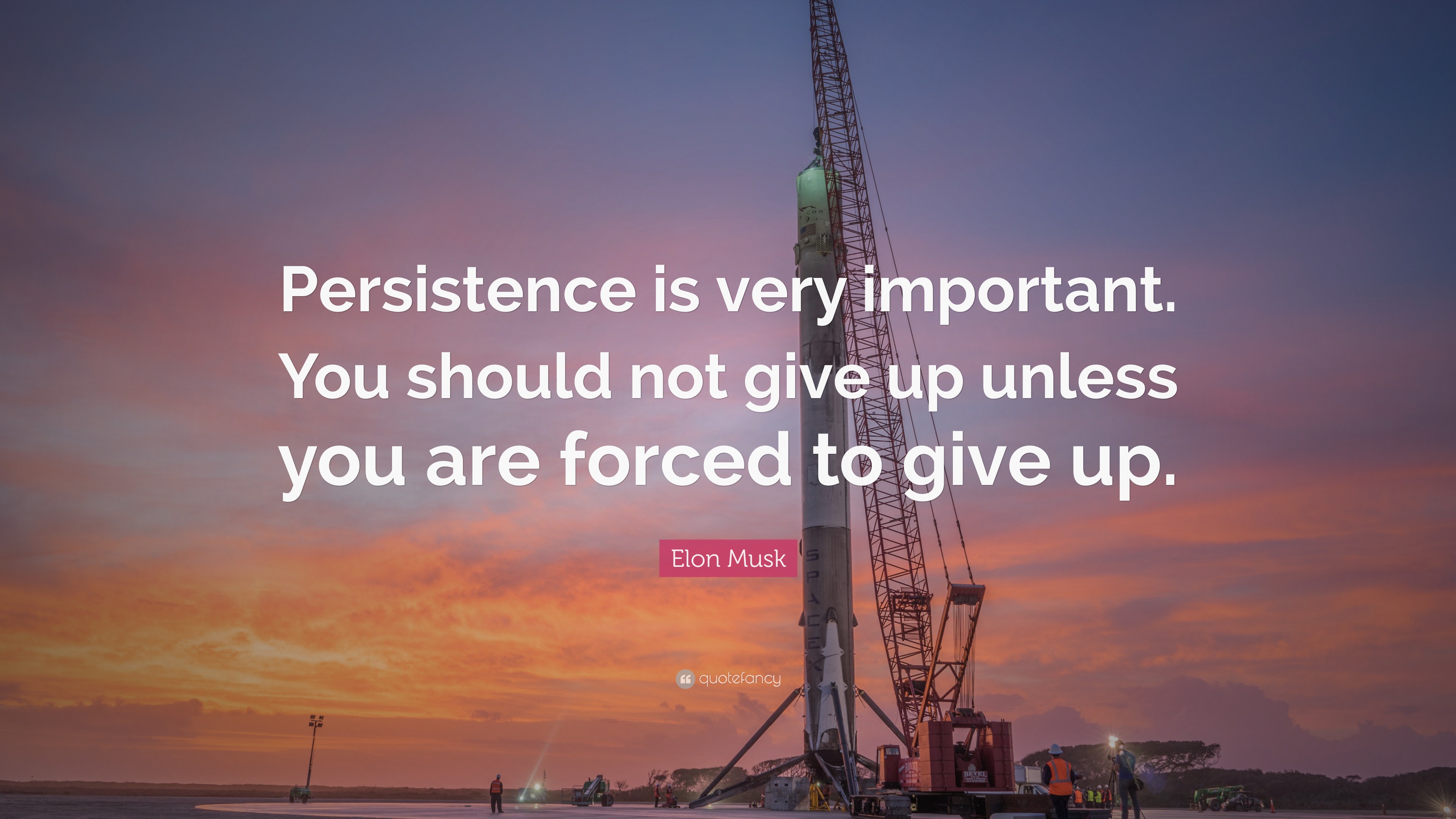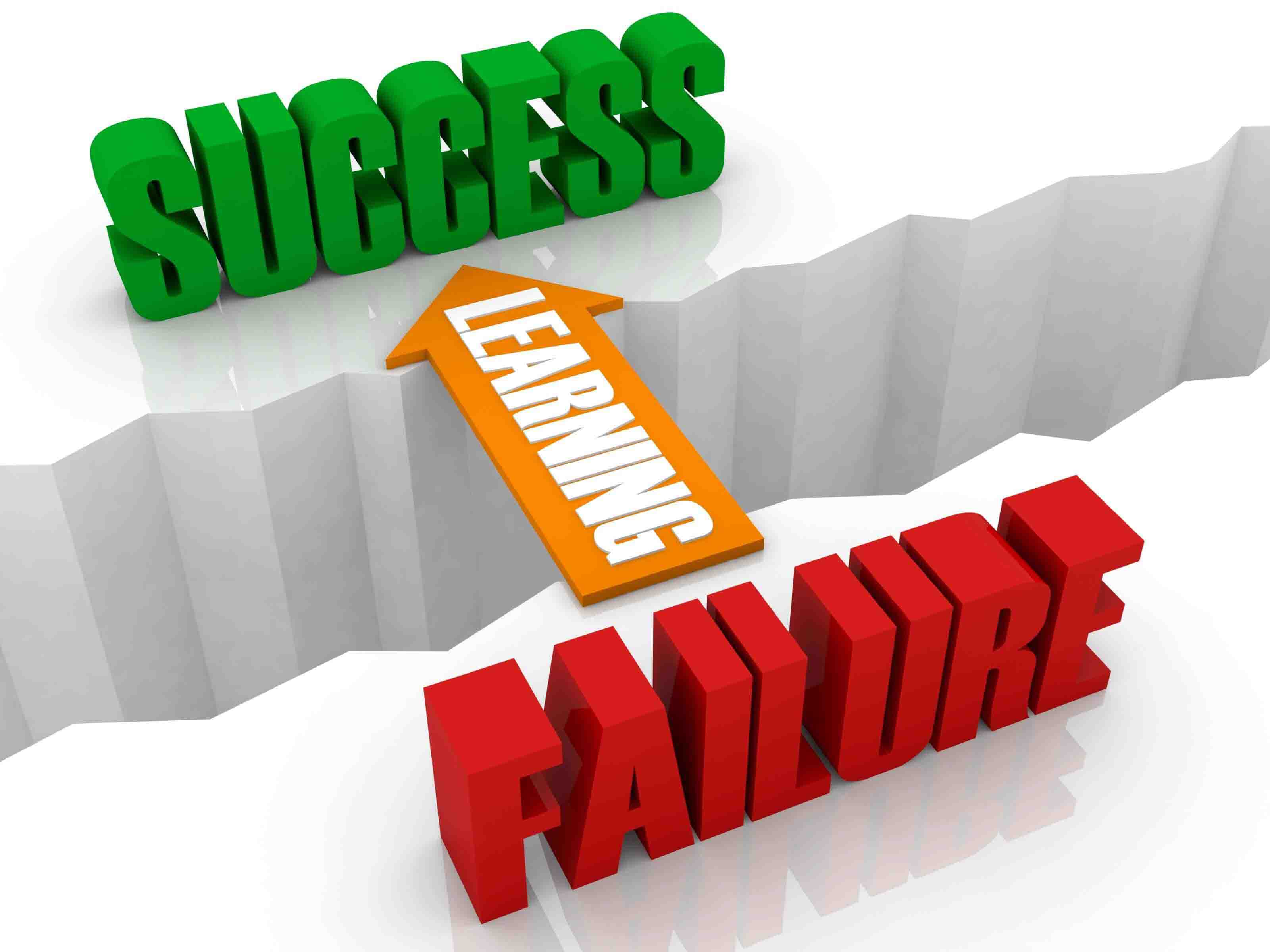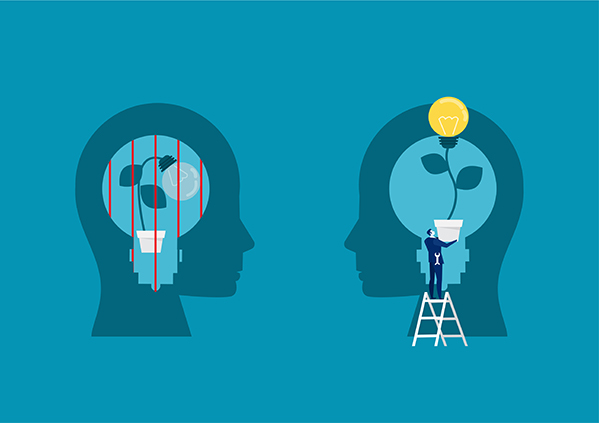Introduction: Embracing the Challenges of Life
Life is a journey filled with ups and downs, successes and failures. Embracing failure and difficulties is an essential aspect of personal growth and self-improvement. Adopting a growth mindset, the belief that one’s abilities and intelligence can be developed through dedication and hard work, significantly impacts mental well-being and resilience. This approach enables individuals to view challenges as opportunities for learning and self-discovery, fostering a mindset that values progress over perfection.
Understanding Failure: A Crucial Step Towards Success
Failure is a natural part of life, and it’s essential to redefine it as a learning opportunity rather than a setback. Adopting this perspective allows individuals to grow from their mistakes and develop resilience. Failure is not the opposite of success; it’s an integral part of the journey to success. By understanding the psychological aspects of failure, individuals can harness its power to fuel personal development.
Failure can evoke strong emotions, such as disappointment, frustration, and embarrassment. However, these emotions can serve as valuable signals, indicating that it’s time to reflect and learn. Instead of avoiding failure, individuals should embrace it as an opportunity to identify areas for improvement and develop new strategies. By reframing failure in this light, individuals can cultivate a growth mindset and foster continuous learning and self-improvement.
Moreover, failure can help individuals build mental toughness and resilience. Overcoming setbacks and bouncing back from failure requires determination, persistence, and adaptability. These skills are crucial for navigating life’s challenges and achieving long-term success. By learning to embrace failure, individuals can develop the mental fortitude needed to thrive in various aspects of life.
In conclusion, understanding failure as a learning opportunity is a crucial step towards success. By adopting a growth mindset and harnessing the power of failure, individuals can foster continuous learning, build mental resilience, and ultimately achieve their goals.
Strategies for Overcoming Adversity: Building Resilience
Cultivating resilience is crucial for overcoming adversity and embracing failure as a means of personal growth. Various techniques can help individuals build mental fortitude and bounce back from setbacks. Here are some strategies for cultivating resilience:
- Practice Mindfulness: Mindfulness involves focusing on the present moment and accepting it without judgment. By practicing mindfulness, individuals can develop a greater sense of self-awareness and emotional regulation, which can help them navigate challenges with greater ease.
- Maintain a Positive Attitude: A positive attitude can help individuals overcome adversity by fostering optimism, hope, and motivation. By focusing on the potential benefits and opportunities that arise from failure, individuals can cultivate a growth mindset and develop a more positive outlook on life.
- Seek Support from Others: Social support is essential for building resilience. By seeking support from friends, family, or mental health professionals, individuals can gain a fresh perspective, receive encouragement, and develop coping strategies to overcome adversity.
Cultivating resilience is an ongoing process that requires practice and dedication. By incorporating these strategies into their daily lives, individuals can build mental fortitude, overcome adversity, and ultimately achieve their goals.

The Power of Reflection: Learning from Past Experiences
Reflection is a powerful tool for personal growth and development. By analyzing past experiences and extracting valuable lessons, individuals can cultivate a growth mindset and build resilience. Here are some ways that reflection can help individuals embrace failure and difficulties:
- Identify Patterns: Reflection can help individuals identify patterns in their behavior and thought processes. By recognizing patterns, individuals can gain insight into their strengths and weaknesses and develop strategies for overcoming obstacles.
- Strengthen Emotional Intelligence: Reflection can help individuals develop emotional intelligence by fostering self-awareness and empathy. By understanding their own emotions and reactions, individuals can better understand the emotions of others and build stronger relationships.
- Cultivate Gratitude: Reflection can help individuals cultivate gratitude by focusing on the positive aspects of their lives. By acknowledging the good things in their lives, individuals can develop a more positive outlook and build resilience in the face of adversity.
Reflection is an ongoing process that requires practice and dedication. By incorporating reflection into their daily lives, individuals can cultivate a growth mindset, build resilience, and ultimately achieve their goals.

The Role of Persistence: Never Give Up
Persistence is a crucial factor in overcoming failure and adversity. By maintaining a determined and focused mindset, individuals can overcome even the most challenging obstacles. Here are some inspiring stories of successful individuals who have triumphed in the face of adversity through persistence:
- Thomas Edison: Despite failing over 10,000 times in his quest to invent the light bulb, Edison never gave up. He famously said, “I have not failed. I’ve just found 10,000 ways that won’t work.” Edison’s persistence ultimately led to one of the most significant inventions in history.
- J.K. Rowling: Before publishing the Harry Potter series, Rowling was rejected by multiple publishers and faced significant financial hardship. However, she persisted in pursuing her passion for writing and ultimately achieved massive success.
- Michael Jordan: Despite being cut from his high school basketball team, Jordan never gave up on his dream of becoming a professional basketball player. He famously said, “I’ve missed more than 9,000 shots in my career. I’ve lost almost 300 games. 26 times, I’ve been trusted to take the game-winning shot and missed. I’ve failed over and over and over again in my life. And that is why I succeed.”
These stories demonstrate the power of persistence in overcoming failure and adversity. By maintaining a determined and focused mindset, individuals can achieve their goals and ultimately find success.

Transforming Setbacks into Opportunities: A Proactive Approach
Proactive coping is a strategy that involves taking action to prevent or mitigate potential stressors or setbacks. By adopting a proactive mindset, individuals can transform failures into opportunities for growth and development. Here are some practical tips and techniques for developing a proactive approach:
- Identify potential challenges: Reflect on past experiences and identify patterns or potential challenges that may arise in the future. By anticipating these challenges, individuals can take action to prevent or mitigate their impact.
- Develop a plan: Once potential challenges have been identified, develop a plan of action. This plan should include specific steps to take in response to the challenge, as well as contingency plans in case the initial approach is not successful.
- Take action: Put the plan into action as soon as possible. Delaying action can lead to increased stress and anxiety, as well as a decreased likelihood of success.
- Monitor progress: Regularly evaluate progress towards achieving the desired outcome. If necessary, adjust the plan as needed to ensure continued progress.
- Learn from setbacks: Even with a proactive approach, setbacks may still occur. When they do, reflect on the experience and identify lessons learned. Use these lessons to improve future proactive coping strategies.
By adopting a proactive approach, individuals can transform failures into opportunities for growth and development. This strategy not only helps to mitigate the impact of setbacks but also promotes long-term personal growth and success.

The Benefits of Embracing Failure: Long-Term Growth and Success
Embracing failure and difficulties is not just a short-term solution to overcome obstacles; it also has long-term benefits for personal growth and success. Adopting a growth mindset can lead to increased creativity, innovation, and adaptability, all of which are essential skills for success in various aspects of life.
- Creativity: Embracing failure allows individuals to think outside the box and explore new ideas without fear of making mistakes. This mindset fosters creativity and encourages innovation, which can lead to new opportunities and successes.
- Innovation: Failure is an inevitable part of the innovation process. By embracing failure, individuals can learn from their mistakes and use that knowledge to improve their ideas and products. This approach can lead to breakthroughs and advancements in various fields.
- Adaptability: Adopting a growth mindset allows individuals to adapt to changing circumstances and challenges. By viewing failure as an opportunity for growth, individuals can develop resilience and flexibility, which are essential skills for navigating the complexities of modern life.
In addition to these benefits, embracing failure can also lead to greater success in various aspects of life. For example, research has shown that individuals who adopt a growth mindset are more likely to achieve academic success, have fulfilling careers, and maintain healthy relationships. By embracing failure and difficulties, individuals can unlock their full potential and achieve long-term success.

Conclusion: Cultivating a Growth Mindset for a Fulfilling Life
Throughout this article, we have explored the concept of embracing failure and difficulties as a means of personal growth and self-improvement. By adopting a growth mindset, individuals can cultivate resilience, mental well-being, and long-term success. Redefining failure as a learning opportunity, practicing mindfulness, maintaining a positive attitude, and seeking support from others are all effective strategies for overcoming adversity and achieving personal growth.
Reflection is also a crucial component of embracing failure. By analyzing past experiences and identifying patterns, strengths, and areas for improvement, individuals can develop a proactive mindset and transform failures into opportunities for growth. Persistence and determination are essential qualities for overcoming obstacles and achieving long-term success.
Incorporating innovative and creative concepts, such as proactive coping, can help individuals develop a growth mindset and achieve greater success in various aspects of life. By embracing failure and difficulties, individuals can unlock their full potential and lead fulfilling lives.
To learn more about how to embrace failure and difficulties, we encourage readers to explore additional resources on personal growth, self-improvement, and resilience. By continuing to learn and grow, individuals can cultivate a growth mindset and achieve long-term success and fulfillment.

